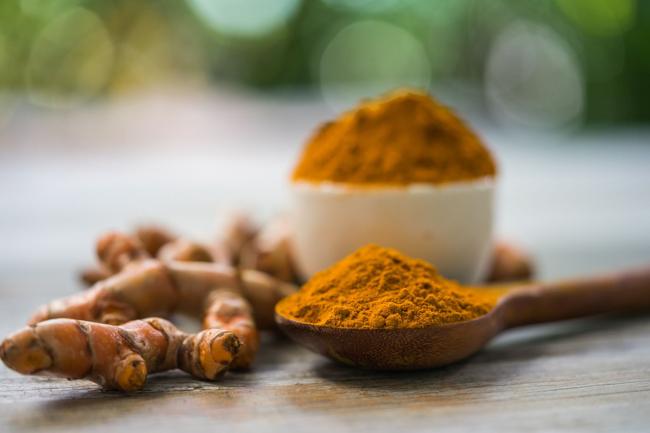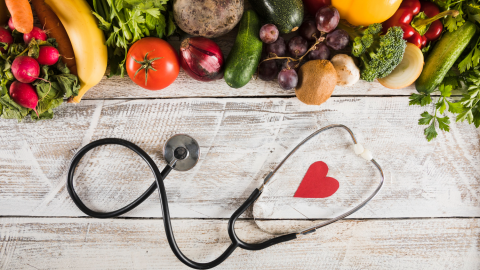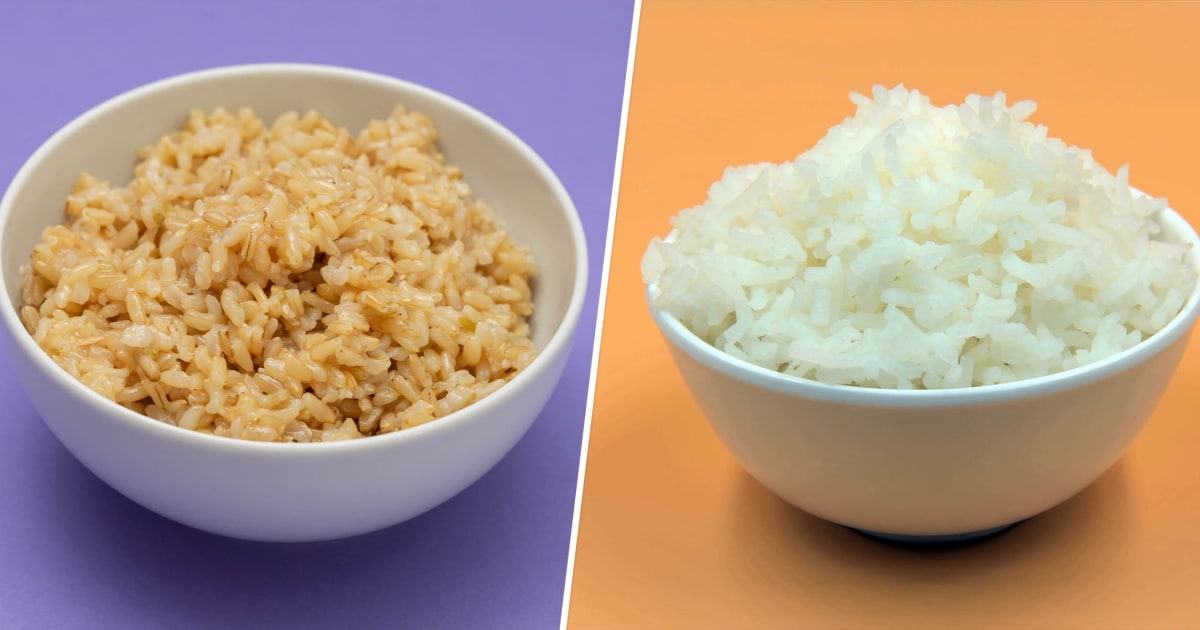Summary
Turmeric and its main antioxidant, curcumin, have antioxidant and anti-inflammatory effects. They may reduce pain, boost heart health, and reduce depression.
Source: Verywell Health on MSN.com

AI News Q&A (Free Content)
Q1: How does curcumin contribute to wound healing and what are its synergistic effects with other substances?
A1: Recent studies have shown that curcumin, when combined with honey and potassium alum, exhibits significant wound healing properties. In a study focusing on second-degree burn wounds in rats, the combination demonstrated strong antimicrobial effects without cytotoxicity. The treatment led to considerable wound re-epithelization, suggesting curcumin's potential as a powerful alternative for topical burn treatments.
Q2: What are the challenges associated with the bioavailability of curcumin, and what solutions have been proposed?
A2: Curcumin is known for its poor bioavailability, which limits its therapeutic efficacy. However, research has shown that dissolving curcumin in natural deep eutectic solvents (NADES) can enhance its solubility and stability. This method not only improves curcumin's bioavailability in gastrointestinal fluids but also protects it from degradation, offering a more efficient drug delivery system.
Q3: Can turmeric and curcumin improve heart health, and what evidence supports this claim?
A3: Research suggests that curcumin may support heart health by regulating oxidative stress and exhibiting anti-inflammatory effects. These properties potentially benefit conditions like cardiovascular diseases. Studies have highlighted curcumin's ability to influence various biological pathways, contributing to improved heart health.
Q4: Are there any potential anticancer benefits associated with curcumin, particularly for colorectal cancer?
A4: Curcumin has demonstrated anticancer properties, particularly for colorectal cancer. A systematic review highlighted that a curcumin-enriched diet could improve survival rates, enhance quality of life, and reduce tumor size in colorectal cancer patients. Despite its potential, challenges such as limited bioavailability remain, necessitating further research to optimize its use in cancer therapy.
Q5: What is the historical and current significance of curcumin in traditional medicine?
A5: Curcumin has been used for centuries in traditional Asian medicine for its supposed health benefits, including treating inflammatory conditions and digestive issues. Modern research continues to explore its antioxidant, anti-inflammatory, and antimicrobial properties, solidifying its reputation as a 'wonder drug' with diverse therapeutic potential.
Q6: How does curcumin impact cognitive health and neuroprotection?
A6: Curcumin is believed to offer neuroprotective benefits, potentially aiding in the management of neurodegenerative conditions like Alzheimer's disease. Its antioxidant properties help reduce oxidative stress, which is a key factor in cognitive decline. These findings suggest that curcumin could play a role in supporting brain health, though more research is needed to fully understand its impact.
Q7: What are the potential side effects or limitations of using curcumin as a dietary supplement?
A7: While curcumin is generally considered safe, its use as a dietary supplement can lead to gastrointestinal discomfort in some individuals. Its limited bioavailability also poses a challenge, which researchers are addressing through new formulations to enhance absorption. As with any supplement, it is essential to consult healthcare providers before incorporating curcumin into one's diet.
References:
- Evaluation of the Antibacterial and Wound Healing Properties of a Burn Ointment Containing Curcumin, Honey, and Potassium Aluminium
- Natural Deep Eutectic Solvents as Agents for Improving Solubility, Stability and Delivery of Curcumin
- The Potential Benefits of Curcumin-Enriched Diets for Adults with Colorectal Cancer: A Systematic Review
- Turmeric benefits: A look at the evidence
- Turmeric, a promising supplement for the relief of muscle inflammation following vigorous exercise
- Turmeric supplements provide yet another health benefit according to study





